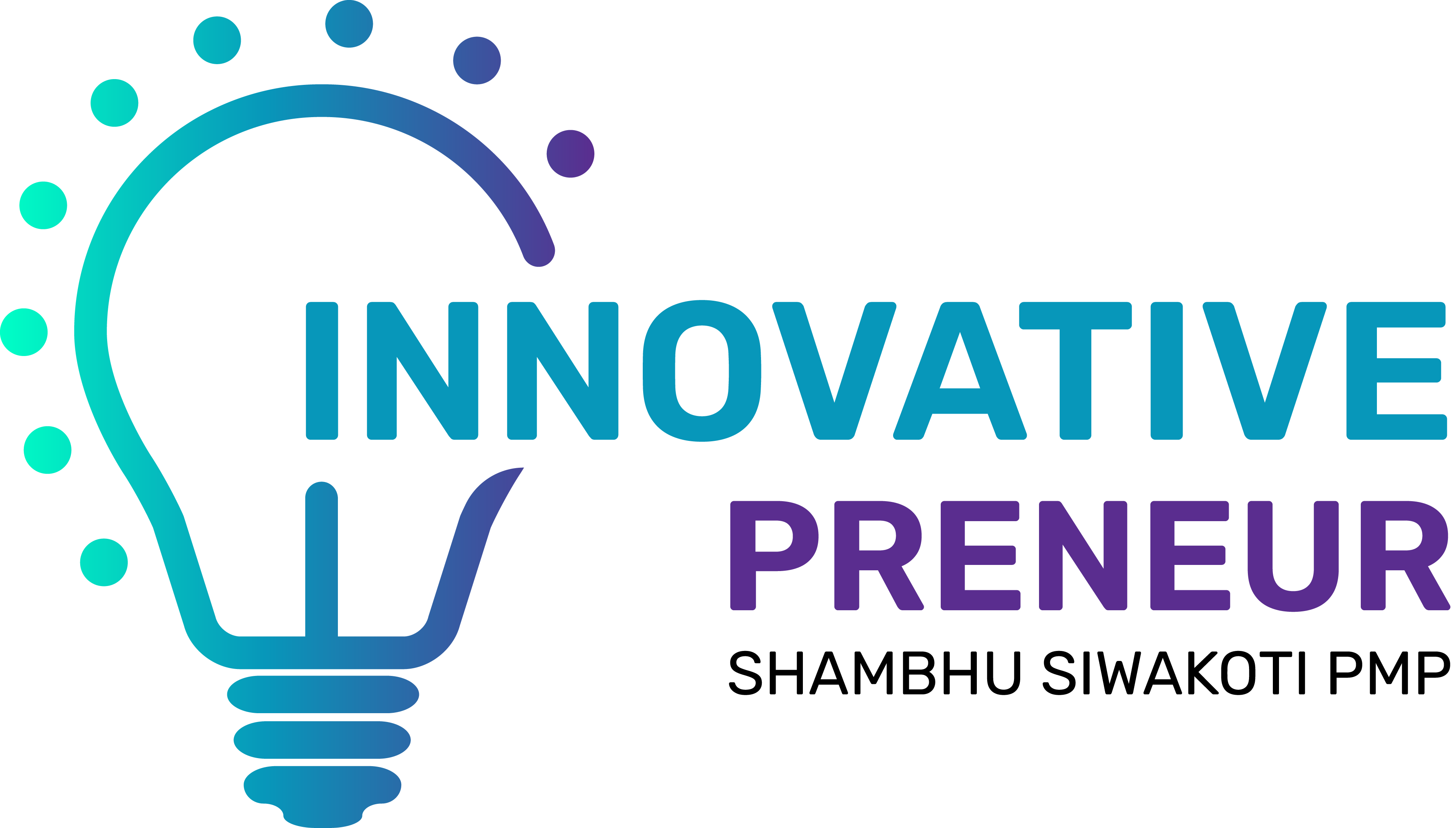In today’s hyper-connected world, digital marketing has become a crucial tool for businesses of all sizes. Whether you’re a startup, a small business, or a large corporation, a well-executed digital marketing strategy can significantly boost your online presence, attract new customers, and drive business growth.
In this blog, we’ll cover the fundamentals of digital marketing, explore key trends for 2024, and offer actionable insights on how to elevate your digital marketing efforts.
What is Digital Marketing?
Digital marketing refers to the use of online channels to promote products or services to consumers. These channels include:
- Search Engines (Google, Bing)
- Social Media (Facebook, Instagram, LinkedIn, TikTok)
- Email Marketing
- Content Marketing
- Paid Advertising (Google Ads, Facebook Ads)
- Affiliate Marketing
- Influencer Marketing
Unlike traditional marketing, digital marketing allows businesses to interact directly with their audience, gather data, and adjust strategies in real time to maximize results.
Why Digital Marketing Matters in 2024
In 2024, digital marketing remains essential for a number of reasons:
- Increased Online Presence: Consumers are spending more time online than ever, whether it’s on social media, shopping, or reading news. A strong digital marketing strategy ensures your brand is visible where your audience spends time.
- Measurable Results: With digital marketing tools, you can track metrics like website traffic, click-through rates, and conversion rates. This data allows for precise performance analysis and continuous optimization of your campaigns.
- Targeted Marketing: Digital marketing allows you to target specific audiences based on demographics, behaviors, and interests. This ensures you’re reaching the right people with the right message at the right time.
- Cost-Effective: Compared to traditional marketing, digital marketing can be more cost-effective. Platforms like Google Ads and Facebook Ads allow businesses to set their own budgets and optimize for maximum ROI.
Key Components of Digital Marketing
To run a successful digital marketing campaign, you need to incorporate a combination of different strategies. Here are the most important components:
1. Search Engine Optimization (SEO)
SEO involves optimizing your website to rank higher on search engine results pages (SERPs). The goal is to increase organic traffic by making your website more visible when users search for keywords related to your business.
- On-Page SEO: Optimizing your website’s content, meta tags, and internal links.
- Off-Page SEO: Building backlinks and increasing domain authority through external channels.
- Technical SEO: Ensuring that your website is fast, mobile-friendly, and easy to crawl.
2. Content Marketing
Content is king in the world of digital marketing. Creating valuable, relevant content that resonates with your audience builds trust and establishes your brand as an authority.
Common forms of content marketing include:
- Blog posts
- Videos
- Infographics
- E-books
- Case studies
- Webinars
Content marketing not only helps with SEO but also provides shareable material for social media and email campaigns.
3. Social Media Marketing
Social media platforms are an effective way to engage with your audience directly. Each platform has its strengths:
- Facebook and Instagram: Great for building brand awareness and reaching a wide audience.
- LinkedIn: Perfect for B2B marketing and professional networking.
- TikTok: Ideal for creative, short-form content to engage younger audiences.
- X (formerly Twitter): Useful for real-time engagement and sharing quick updates.
4. Email Marketing
Despite being one of the oldest forms of digital marketing, email marketing remains highly effective. With personalized, segmented emails, you can nurture leads and convert them into paying customers. Automated email campaigns can handle newsletters, product launches, and customer follow-ups.
5. Pay-Per-Click (PPC) Advertising
PPC advertising allows businesses to display ads on search engines or social media and pay a fee only when users click on their ads. Google Ads is the most popular PPC platform, but Facebook, Instagram, and LinkedIn also offer effective advertising solutions.
6. Influencer and Affiliate Marketing
Collaborating with influencers can expand your reach and bring authenticity to your brand. In 2024, micro-influencers (those with smaller but highly engaged followings) are expected to play an even more significant role in digital marketing. Affiliate marketing, where partners promote your product for a commission, is another avenue to explore.
7. Video Marketing
Video content continues to dominate, with platforms like YouTube, Instagram Reels, and TikTok driving high engagement. Businesses that utilize video marketing can effectively demonstrate products, share behind-the-scenes content, and build emotional connections with their audience.
Trends Shaping Digital Marketing in 2024
Digital marketing is constantly evolving. Here are some trends to watch in 2024:
1. AI and Automation
Artificial Intelligence (AI) and marketing automation tools are transforming how businesses approach digital marketing. From AI-powered chatbots to personalized content recommendations, automation is making it easier to deliver personalized experiences at scale.
2. Voice Search Optimization
With the rise of voice assistants like Alexa and Siri, optimizing for voice search is becoming critical. This requires focusing on conversational keywords and ensuring your content provides quick, direct answers to user queries.
3. Short-Form Video
TikTok’s rapid rise has cemented short-form video as a key marketing tool. Instagram Reels, YouTube Shorts, and TikTok are platforms where businesses can share creative, digestible video content to capture users’ attention quickly.
4. Sustainability and Social Responsibility
Consumers are increasingly valuing sustainability and corporate social responsibility (CSR). Brands that can demonstrate a commitment to environmental and social causes will build stronger relationships with today’s conscious consumers.
5. Privacy and Data Protection
As data protection regulations tighten worldwide, brands need to prioritize user privacy and build trust through transparent practices. Adapting to changes like Google’s phasing out of third-party cookies will be critical.
How to Get Started with Digital Marketing
Building a digital marketing strategy in 2024 requires a step-by-step approach:
- Set Clear Goals: Determine what you want to achieve—whether it’s increasing traffic, improving sales, or building brand awareness.
- Know Your Audience: Research your target audience’s demographics, interests, and online behavior.
- Choose Your Channels: Focus on the platforms where your audience is most active.
- Create a Content Plan: Develop high-quality, relevant content that aligns with your audience’s needs.
- Monitor and Optimize: Use analytics tools to measure your performance and continuously improve your campaigns.
Final Thoughts
In 2024, digital marketing is more important than ever for businesses that want to thrive in a competitive landscape. With the right mix of SEO, content, social media, and paid advertising, you can connect with your audience, build your brand, and achieve lasting success.
Ready to elevate your digital marketing strategy? Let’s get started!

